A 10 kW on-grid solar system is a utility-connected setup comprising solar panels, a solar inverter, and various other components. This system generates electricity by capturing energy from the sun.
The 10 kW on-grid solar system is the ideal choice for:
- Factories or workshops
- Commercial buildings
- Business offices
- Retail shops
- Large residential properties
A 10 kW on grid solar system supplies the solar energy to run household appliances and transfer the remaining energy to the utility grid. Along with this, you also get a government subsidy of up to 40% on on-grid solar system installation. The Ministry of New & Renewable Energy(MNRE) offers a subsidy on checking your solar plant eligibility.
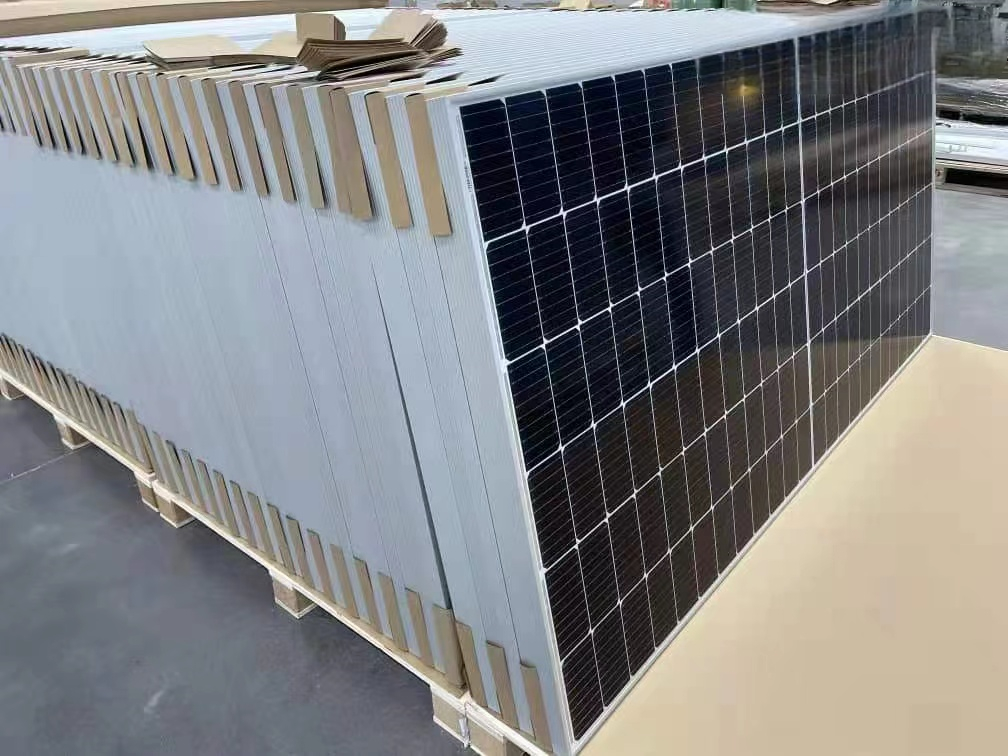
Components of 10KW On-Grid Solar System
A 10kW on-grid solar system is a significant investment that provides substantial electricity generation for residential or small commercial use. It connects to the grid, allowing for the export of excess electricity. Here are the main components involved:
The core of any solar installation, these panels convert sunlight into direct current (DC) electricity. For a 10kW system, you typically need around 18 panels, each rated at approximately 540 to 580 watts, depending on their efficiency and size.
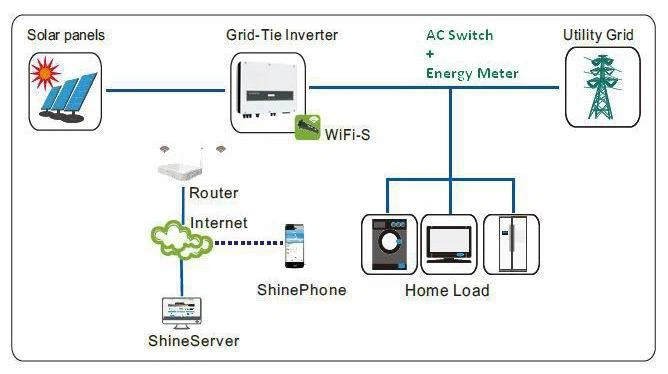
Responsible for converting DC electricity produced by the solar panels into alternating current (AC) electricity, which is used by most household appliances. Inverters can be string inverters or microinverters, with string inverters being more common for centralized systems of this size.
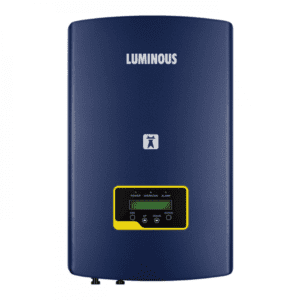
This includes the racking and mounting hardware required to securely install the solar panels on a roof or ground-based system. The mounting should be able to withstand local weather conditions and ensure optimal panel angle for maximum sunlight exposure
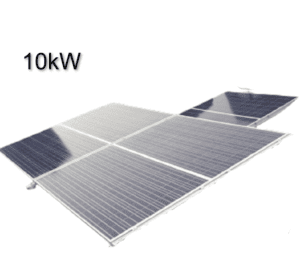
An essential part of grid-connected systems, net meters measure the amount of electricity imported from and exported to the grid. This facilitates net metering, where surplus power sent back to the grid receives credits that can offset electricity consumed during non-sunlight hours.
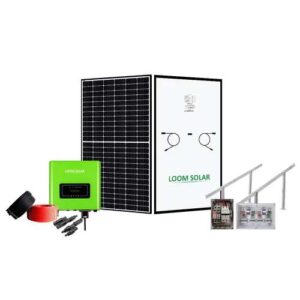
This includes disconnect switches and surge protection devices to ensure safe operation and protection against electrical faults or power surges.
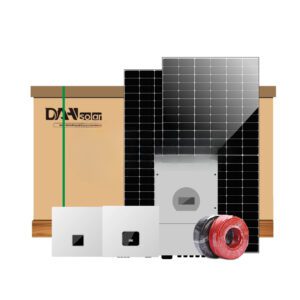
Although not standard in all on-grid systems, adding battery storage can help store excess energy for use during times when sunlight is not available.
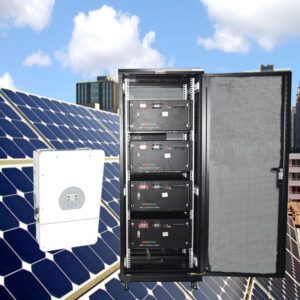
What Are Our Experts' Opinions?
At Eco Solar System Chandigarh, our team of experts provides top-notch advice for selecting the ideal solar system. If you’re uncertain about which 10kW solar system to choose, consult with us. Our specialists typically recommend opting for a 10kW on-grid solar system unless sunlight levels are consistently low. This recommendation is due to its cost-effectiveness and significant savings on electricity bills while also being eligible for government subsidies of up to 40%. However, if frequent power outages occur in your area, consider choosing either a 10kW off-grid or hybrid solar system instead.
Specification of 10kW On-Grid Solar System
How much space is required for 10kW solar system?
How many solar panels are required for 10kW?
To make up a 10kW solar system you need 18 solar panels.
How many AC can run in a 10kW solar system?
If we assume that each AC unit consumes 1.5 kW per hour, dividing the total capacity of the solar system (10 kW) by the consumption of each unit (1.5 kW) would give us approximately 6.7. Hence, in this scenario, a 10 kW solar system can potentially support up to 6 small residential AC units.
How many PV panels for a total capacity of 10kW?
A 10kW rooftop solar system will need 18 solar panels. The actual number of solar panels it takes to make a 10kW solar PV system depends on the wattage of the solar panels.
How many appliances can run on 10kW?
A 10kW off-grid solar system can run 3 ACs 8 fans and other household appliances. The capacity of a solar system can power daily energy needs. Make sure to consider the solar system with its energy and capacity for better results.
What advantages does a hybrid solar system offer?
A hybrid solar system combines the benefits of both grid-tied and off-grid systems by integrating solar panels, battery storage, and a connection to the local power grid.
What is on-grid and off-grid?
On-grid and off-grid solar power systems are the two primary categories. On-grid solutions add electricity to what you get from your utility solar company by connecting to the grid. Off-grid solutions, on the other hand, depend on battery storage and are completely autonomous.
